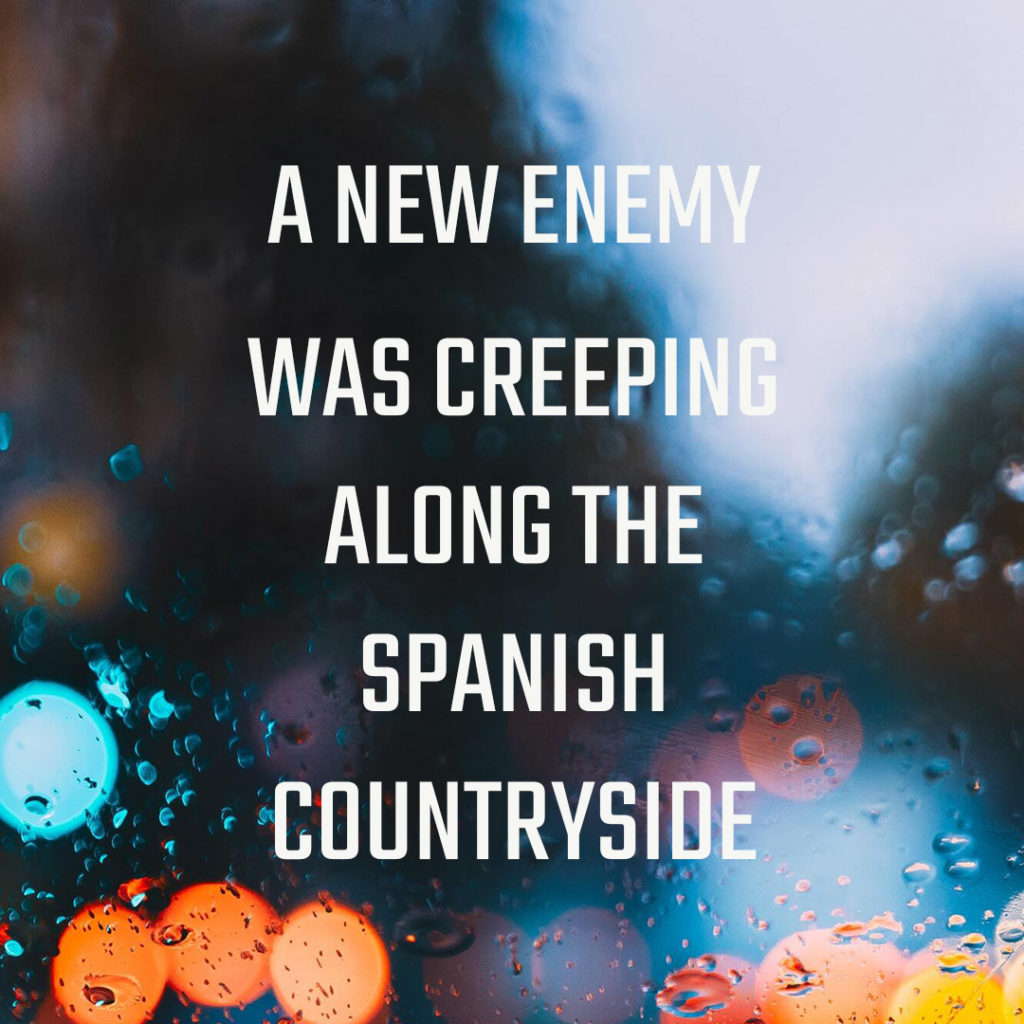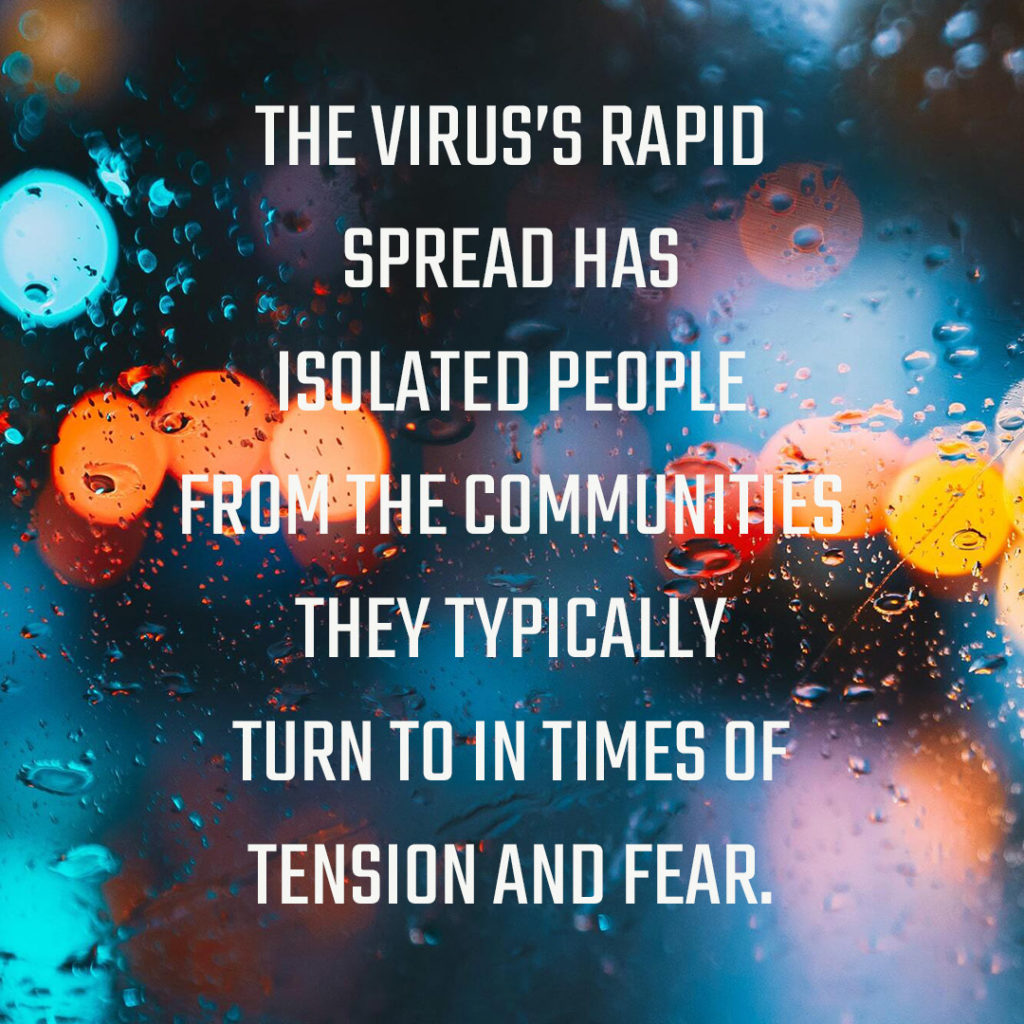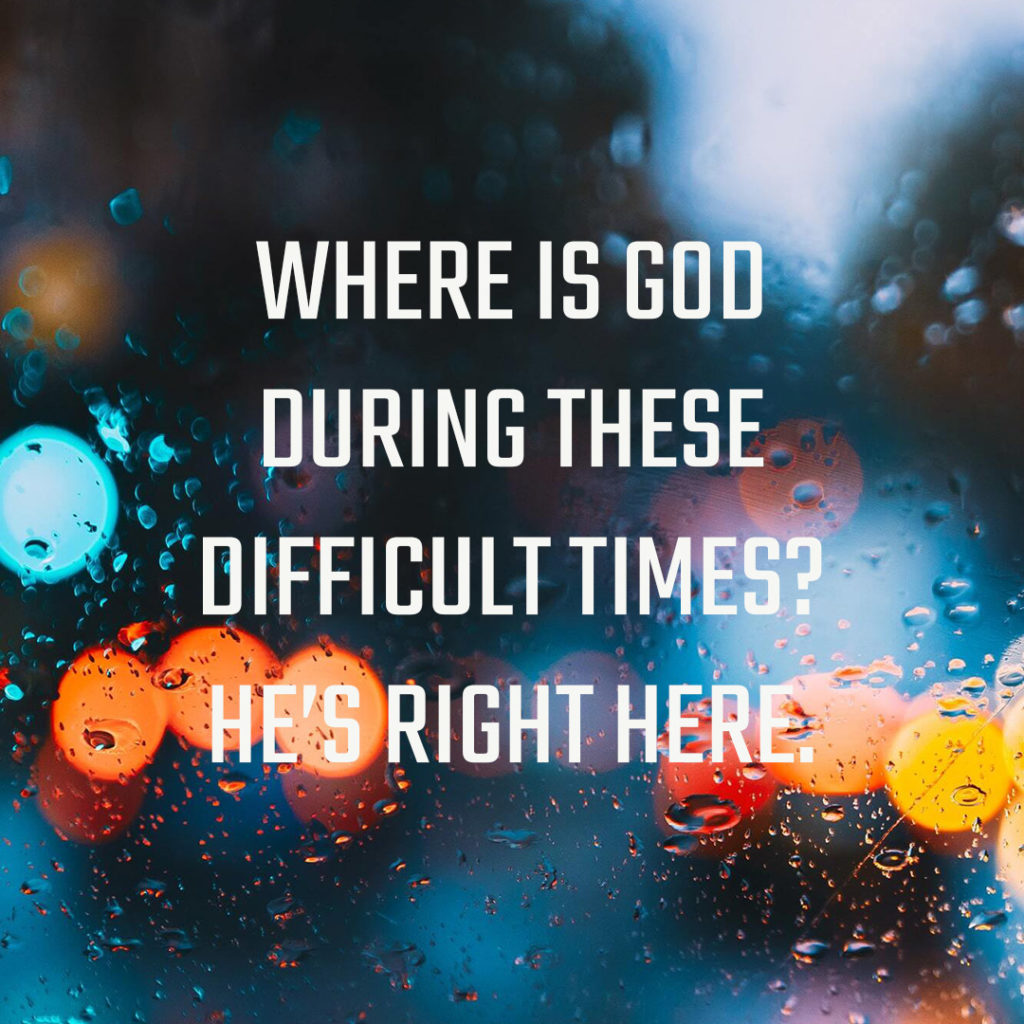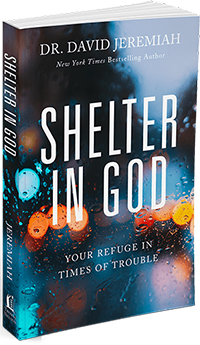Where can we go during times of trouble? One answer is Zahara de la Sierra in the Cádiz province of southern Spain.
Originally built as a castle and fortress in the Andalusian Mountains, Zahara has endured as a place of refuge and security for nearly a thousand years. The town was founded as an outpost for the Moors of the Maghreb; its location between the cities of Ronda and Seville was critical for military strategy.
While armies crisscrossed Spain during the Middle Ages, Zahara stood strong against both soldiers and siege. Opposing forces could not escape the all-seeing watchmen on top of Zahara’s walls, and any attempted incursion involved a steep and harrowing climb long before any battle was joined. The castle was eventually captured in 1483 by forces under the command of the Duke of Cádiz, but not without great effort and great loss of life.
Today, Zahara de la Sierra is a picturesque village of whitewashed houses famously known as pueblos blancos. Tourists flock to the town for breathtaking views of the surrounding mountains and the clear, turquoise waters of the Zahara el-Gastor reservoir—not to mention the scintillating smell of orange blossoms from the surrounding countryside. Instead of soldiers and watchmen, visitors today find friendly locals eager to share their stories and their traditional Spanish cuisine.1
Shelter on the Mountain
In March of 2020, however, it became obvious to Zahara’s forty-year-old mayor, Santiago Galván, that a new enemy was creeping along the Spanish countryside, extending its tentacles through the Cádiz and seeking to make its way up the mountains toward his town. This enemy’s forces had already paralyzed great empires and threatened more devastation worldwide. The enemy had many names, but the ones used by most Zaharans as they whispered together in their mountain homes was COVID-19. Or, more commonly, “the coronavirus.”

On March 14, Galván used his authority as mayor to “shut the gates” of Zahara. The entire town was closed, its only road in or out blocked and barricaded. All 1,400 residents were ordered to remain in their homes for an indefinite period of time, and no outsiders were permitted entry. The entire village was effectively quarantined not only from the virus, but also from the outside world.
The townspeople fully supported the mayor’s drastic steps. In fact, they joined together in an effort to keep their fortress secure. Two workers took up a car-washing station along the town’s main street, using equipment typically reserved for washing olive trees in order to sanitize the vehicles of any residents who needed to venture out. Every Monday and Thursday at 5:30 p.m., a group of ten citizens donned protective gear and stepped outside to disinfect the streets. Other volunteers made sure the elderly had enough food and could request home repairs when necessary.
As I write this, the town’s efforts seem to be working, even as the broader community in Spain has been hit hard. There have been more than 170,000 coronavirus cases in Spain. Tragically, more than 18,000 of those cases have resulted in death, the third highest total among all the countries in the world.
Yet not a single person within the boundaries of Zahara has been infected.
Speaking by phone, Mayor Galván expressed pride in the spirit of his townspeople, as well as Zahara’s status as a strong refuge. “We have managed to give tranquility to our neighbors,” he said. “They know no one ‘unknown’ can come in.”2
There are many who wish they could face the coronavirus’s continued encroachment with the confidence of Mayor Galván and the people of Zahara. I wish the same were true of me! I would give much to move my family and my congregation to some isolated mountain peak so we could weather this troubling storm together.
Shelter in Place
Alas, I have no such assurances against this particular manifestation of “the unknown.” I must face it rather than hide from it, and I’m sure the same is true for you.
Personally, I have encountered many sobering seasons throughout my lifetime. I’ve seen wars begin and end. I’ve witnessed religious persecution break out in totalitarian regimes with surprising speed and violence. I was among those who watched the news each night, breathless with tension, during the Cuban missile crisis at the height of the Cold War. I have lived through the entire HIV/AIDS epidemic, which began when I was a young pastor in the 1980s. And I can still remember watching helplessly as Flight 175 crashed into the South Tower of the World Trade Center on September 11, 2001.
But I can’t say I’ve seen anything quite like the coronavirus pandemic that is currently squeezing every nation in its quick and deadly grip.
At the time of this writing, more than two million people have been diagnosed with COVID-19. More than 125,000 have died from the disease.3 Because of the speed and virulence of the coronavirus, more than half the people on this planet are “sheltering in place” under government-mandated instructions not to leave their homes for any nonessential activity. The world has literally been locked down.
To make matters worse, the virus's rapid spread has isolated people from the communities they typically turn to in times of tension and fear. Churches have been forced to close their doors. Restaurants are still making meals but only for delivery. Movie theaters, bowling alleys, and most retail stores are out of operation. And in a move that feels especially surreal to me as a California resident, Disneyland closed its doors to the public on March 14—something that has happened only three times in its sixty-five-year history.4

Right now the questions weighing down my mind and heart are the same questions burdening people all over the world—including even those sheltered residents of Zahara. Why is all this happening? Do I have what it takes to get my family through? When will everything go back to normal as a nation? As a church?
And perhaps the most pressing question of all: Where is God in the midst of these difficult times?
Such questions are not unique to the coronavirus, nor are they limited to global pandemics. These are the questions we grapple with whenever disaster falls upon us—especially when disaster strikes seemingly without warning.
Frankly, I don’t know the answers to the first three questions I mentioned above. Outside of conspiracy theories, no one can say why the virus is here. I’m anxious to lead my family during this time, but as a man in my seventies, I feel personally threatened by the coronavirus in a way I haven’t experienced since my recovery from cancer. And as much as I hope life will return to normal in a matter of weeks, I see little hope for that reality on the horizon.
Shelter in God
Thankfully, I do know the answer to that final question, and it brings me peace when all other answers fail. Where is God during these difficult times? He’s right here. Right next to me, and right next to you. The same place He always has been and always will be.

You and I may not have access to a mountain fortress such as Zahara de la Sierra, but we can find refuge from the threat of any disaster—including coronavirus—when we turn to God and seek His presence. That’s because God is with us. He is supporting us. He is equipping us and empowering us with everything we need to endure not only this disaster, but any situation or circumstance we may face.
I know this because even as I am sheltering in place, I am also sheltering in God. I’m allowing myself to be surrounded by His presence and power and peace. I want the same for you.
I want the same for anyone who feels frightened and abandoned and uncertain about the future.
The book of Psalms provides hope for our uncertain times and for any other season of suffering—it offers comfort, inspiration, and confidence as we deal with the “unknown” in life. Most of the psalms were written by David, a man who was well acquainted with trials and tragedies of all kinds. Even so, he was still able to write these words: “The Lord is my rock, my fortress and my deliverer; my God is my rock, in whom I take refuge, my shield and the horn of my salvation, my stronghold” (Ps. 18:2).
Through David’s example, we learn there is hope even in the darkest of nights. Why? Because God is your shelter and mine, and He will not fail.
A Song of Ascents.
I will lift up my eyes to the hills—
From whence comes my help?
My help comes from the LORD,
Who made heaven and earth.
He will not allow your foot to be moved;
He who keeps you will not slumber.
Behold, He who keeps Israel
Shall neither slumber nor sleep.
The LORD is your keeper;
The LORD is your shade at your right hand.
The sun shall not strike you by day,
Nor the moon by night.
The LORD shall preserve you from all evil;
He shall preserve your soul.
The LORD shall preserve your going out and your coming in
From this time forth, and even forevermore.
For more information about facing uncertain times in the face of COVID-19, refer to these additional articles by Dr. David Jeremiah:
Facing Coronavirus: Keep Calm and Carry On
31 Encouraging Bible Veres PLUS 15 Meaningful Choices You Can Make Today
Facing the Coronavirus: 6 Strategies for Christians
Facing Coronavirus With Courage, Cheerfulness, and Resolution
30 Reassuring Promises from God's Word
A Prayer for Facing Coronavirus
Living Confidently in Uncertain Times
Why COVID? Finding Shelter in God During Times of Crisis
Finding God's Help Amidst Crisis
Celebrating Memorial Day in the Wake of COVID-19
Becoming a Cashless Society—A Financial Sign of the End Times
Q&A: The COVID Vaccine and the End Times
Visit David Jeremiah’s Facing Uncertain Times webpage to view an assortment of video and audio messages related to the coronavirus.
~ ~ ~
Sources:
1John Kramer, “Visiting Zahara de la Sierra, Andalucia,” Spain-Holiday.com, June 28, 2018, https://www.spain-holiday.com/Zahara-de-la-Sierra/articles/visiting-zahara-de-la-sierra-andalucia.
2Claudia Rebaza and Tim Lister, “The hilltop fortress town that cut itself off from the world—and coronavirus,” CNN.com, April 3, 2020, https://www.cnn.com/2020/04/03/europe/zahara-de-la-sierra-coronavirus-intl/index.html.
3“Coronavirus COVID-19 Global Cases by the Center for Systems Science and Engineering (CSSE) at Johns Hopkins University (JHU),” accessed April 8, 2020, https://www.arcgis.com/apps/opsdashboard/index.html#/bda7594740fd40299423467b48e9ecf6.
4“Disneyland has only closed unexpectedly 3 times. Now it’s closing for the rest of the month,” The Week (March 12, 2020), https://theweek.com/speedreads/901949/disneyland-only-closed-unexpectedly-3-times-now-closing-rest-month.

